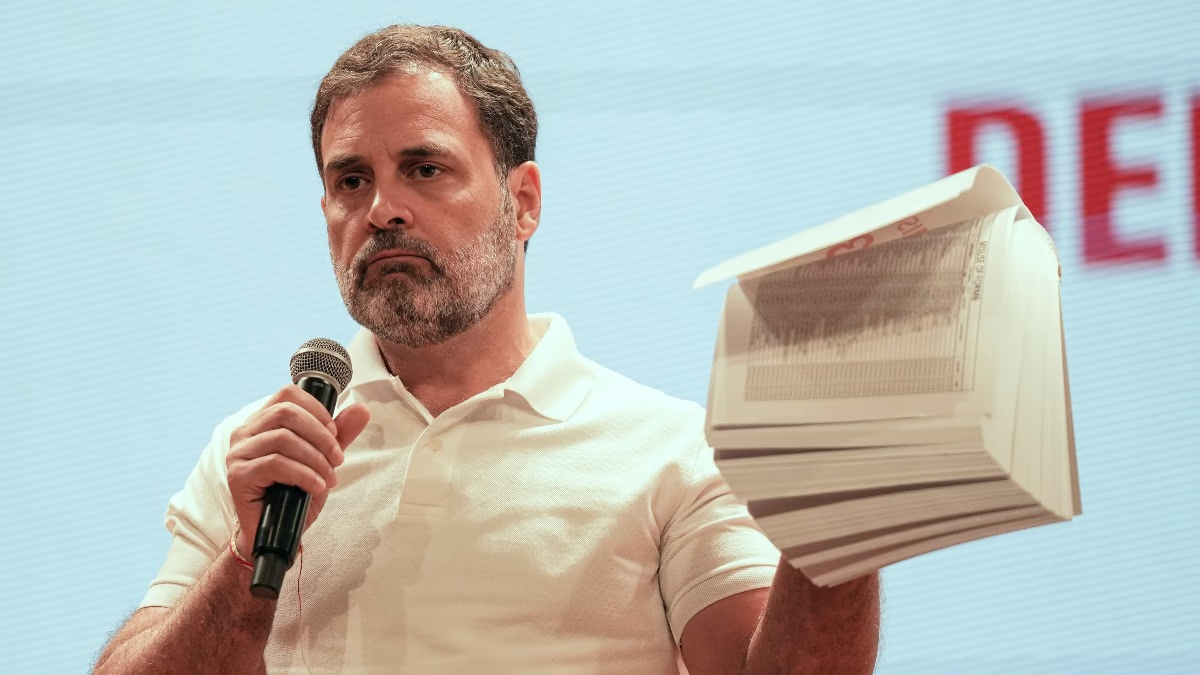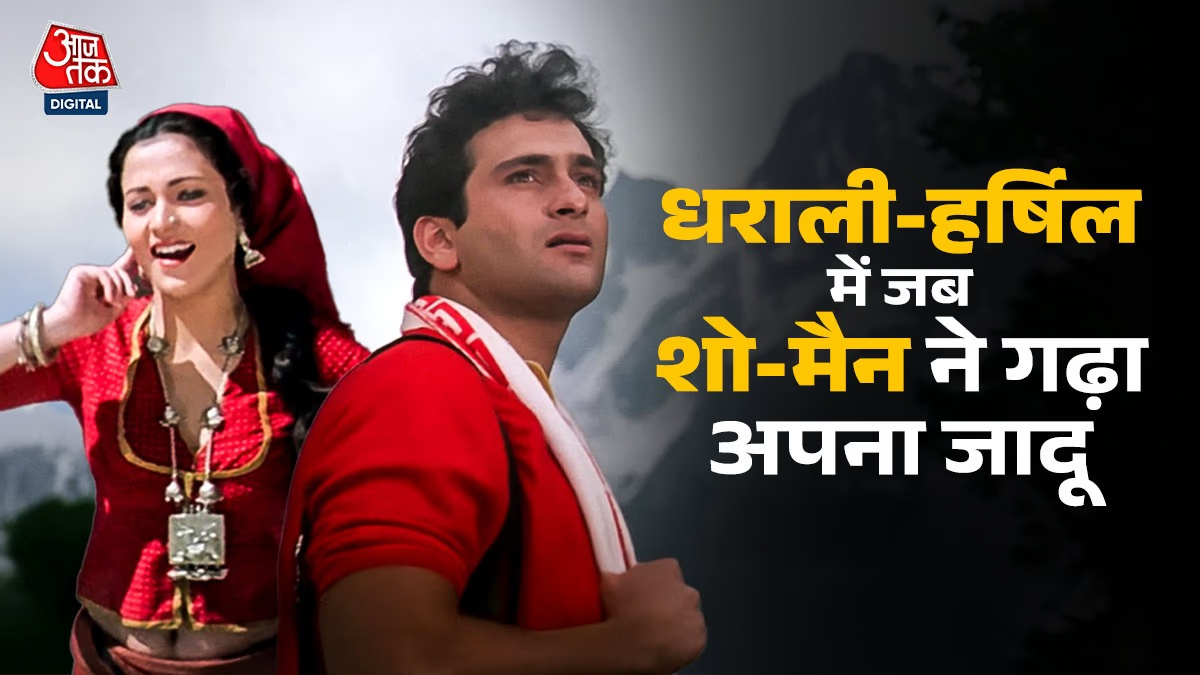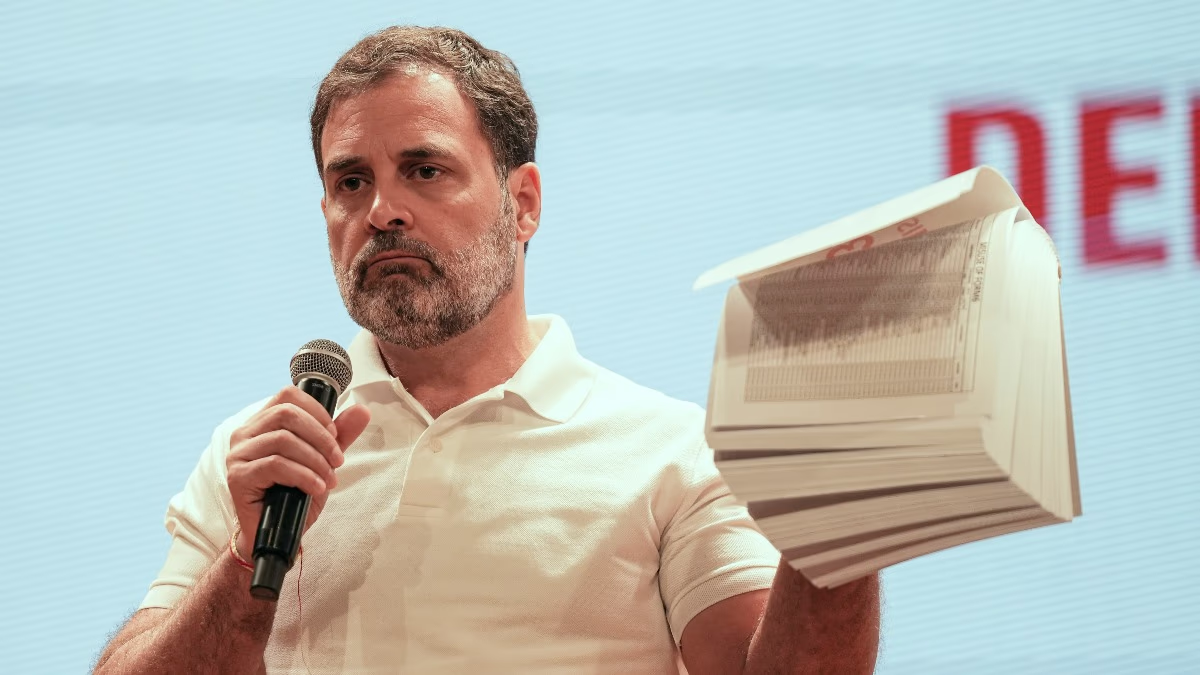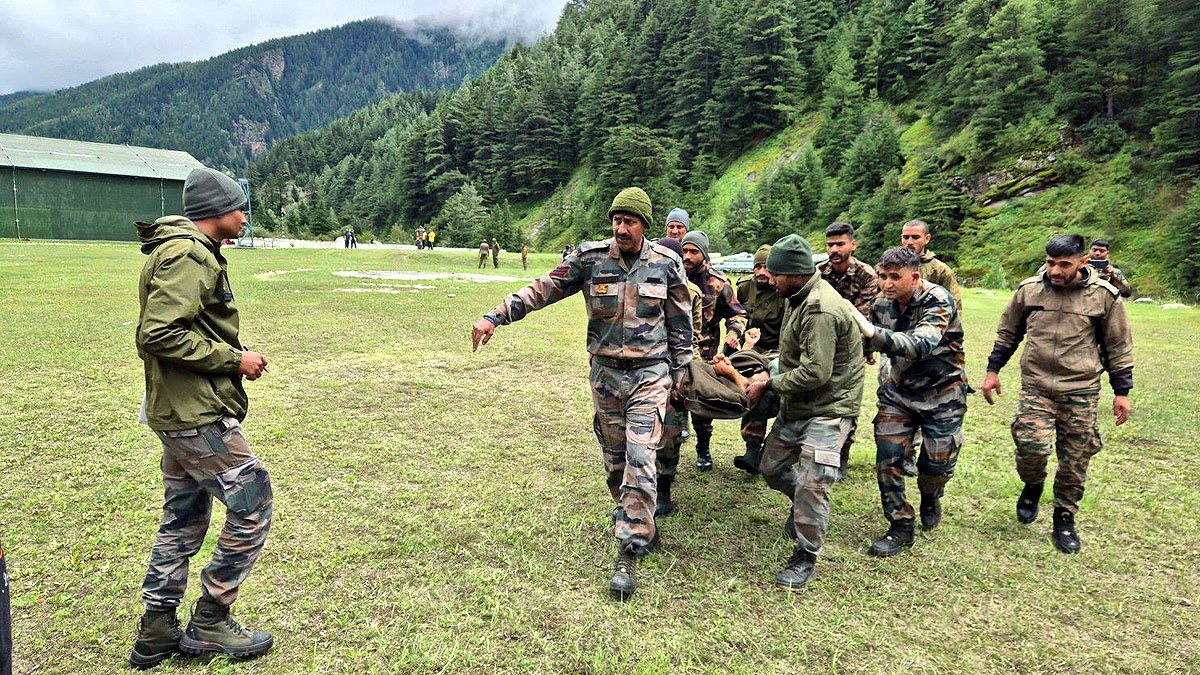In a press conference lasting about an hour, Rahul Gandhi sought to expose voter list discrepancies and illustrate how electoral frauds are being conducted. The real anomaly he faced is that the Election Commission's SIR in Bihar, aimed at addressing these issues, seems to challenge his and his allied parties' agenda. The electoral fraud revelation he termed an 'atomic bomb' seemed to undermine his intentions.
Armed with a plethora of voter ID irregularities, Rahul Gandhi was explaining how duplicate voter IDs, fraudulent addresses, and manipulated photos have pervaded the system. However, prior to his conference, the Election Commission conducting SIR in Bihar revealed two voter ID cards for Tejashwi Yadav, proving that fraud beneficiaries are not confined to one party.
Rahul Gandhi claimed party-level screenings of voter lists from Maharashtra and Karnataka. He extensively detailed discrepancies in Mahadevapura's voter list in Bangalore. Yet, his narrative suggests he hasn't fully comprehended the real purpose of SIR. Let's explore how his arguments underscore the nationwide need for SIR.
The duplicate voter concern is real, exemplified by Tejashwi Yadav
Rahul Gandhi used the Bangalore Central Assembly seat to show 11,965 voters voting in different areas. He cited examples, like voter Aditya Srivastava, registered in both Bangalore and Uttar Pradesh. Yet, Gandhi may need to understand that the quest for SIR is precisely to tackle these issues. It's either a gap in Rahul's understanding of SIR or a strategy to critique the Election Commission under Modi's government.
Tejashwi Yadav's double voter ID saga just emerged. Even a Communist Party MP, opposing SIR in the Supreme Court, had their spouse's dual IDs exposed. SIR diligently scrutinizes voter identities. Cities like Delhi, Mumbai, and Bangalore host many duplicate ID holders, concerning parties like BJP and JD(U) about potential absence from Bihar’s voter pool.
Fake and Invalid Addresses Targeted, Aadhar's Role in Question
Rahul Gandhi focuses on fake addresses; claiming around 40,000 voters on Bangalore's Central seat have wrong addresses. Indeed, fraudulent voters can manipulate elections, but it's challenging to pinpoint party affiliations. In Bihar, more Aadhar cards were issued than population counts in several districts. If Aadhar became the sole basis for voter IDs, Gandhi's preference might not prevail.
Perhaps that's why the Election Commission doesn’t solely rely on Aadhar for voter IDs. Today, an Aadhar card isn't legally accepted for address proof. If these intricacies are clear to Rahul Gandhi, he should assist the Election Commission with SIR in Bihar and advocate for a nationwide SIR implementation.
Bulk Voters at Single Addresses, Election Commission’s Door-to-Door Campaign
Rahul Gandhi pointed to about 10,000 voters with bulk registrations at one address. He showed images of houses with 40, 50, and even 60 registered voters. His allegations hold weight.
However, he might not know that the Election Commission uses party BLOs for door-to-door verification. This scrutiny can eliminate irregularities like unusually high voter numbers at one address. Suspicious cases, like 50-60 voters in a small home, can be rectified via verification. Rahul Gandhi should join Congress BLOs in Bihar for firsthand observation.
Why Rahul Gandhi Isn't Providing Affidavit-backed Fraud Proof to Election Commission
As an opposition leader, Rahul occupies a significant position. Accusing the constitutional body, Election Commission, of colluding with BJP is serious. Rahul questions why he isn't given ten years of voter data digitally.
He demands CCTV footage access. Though he provided papers on two assembly seats, analyzing them to assert voter fraud, the Karnataka Election Commission requested evidence submission alongside an affidavit.
The commission warned him of legal consequences under the Representation of the People's Act 1950, Section 31, and IPC Section 227 if false evidence was submitted. When challenged in the press conference about swearing in evidence to the Election Commission, Rahul retorted that his public statement constituted his oath, hinting at repercussions if his presented fraud evidence were proven false.




